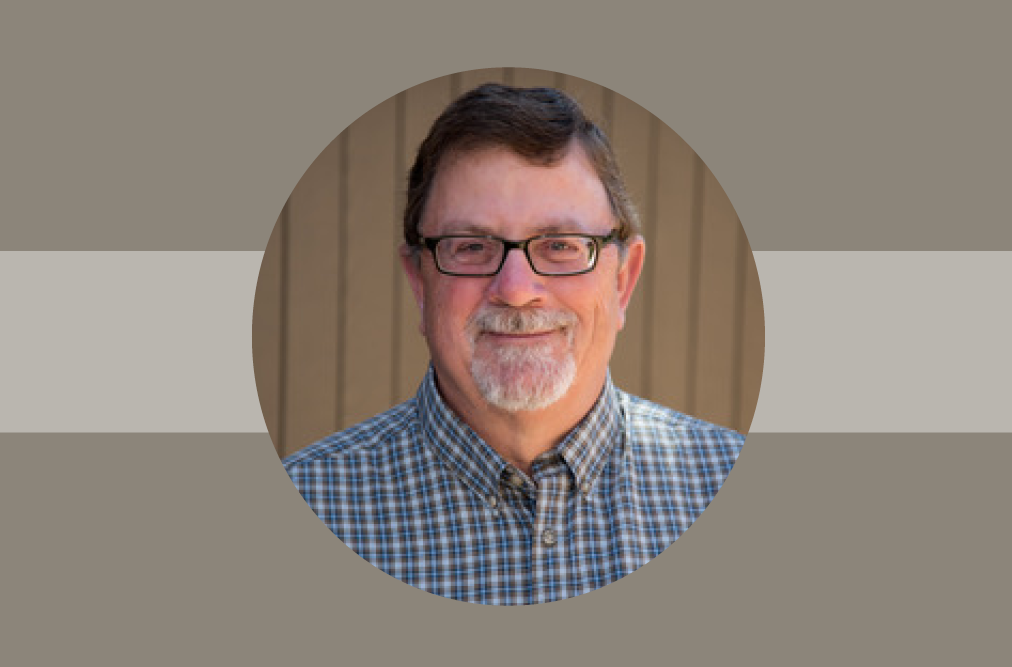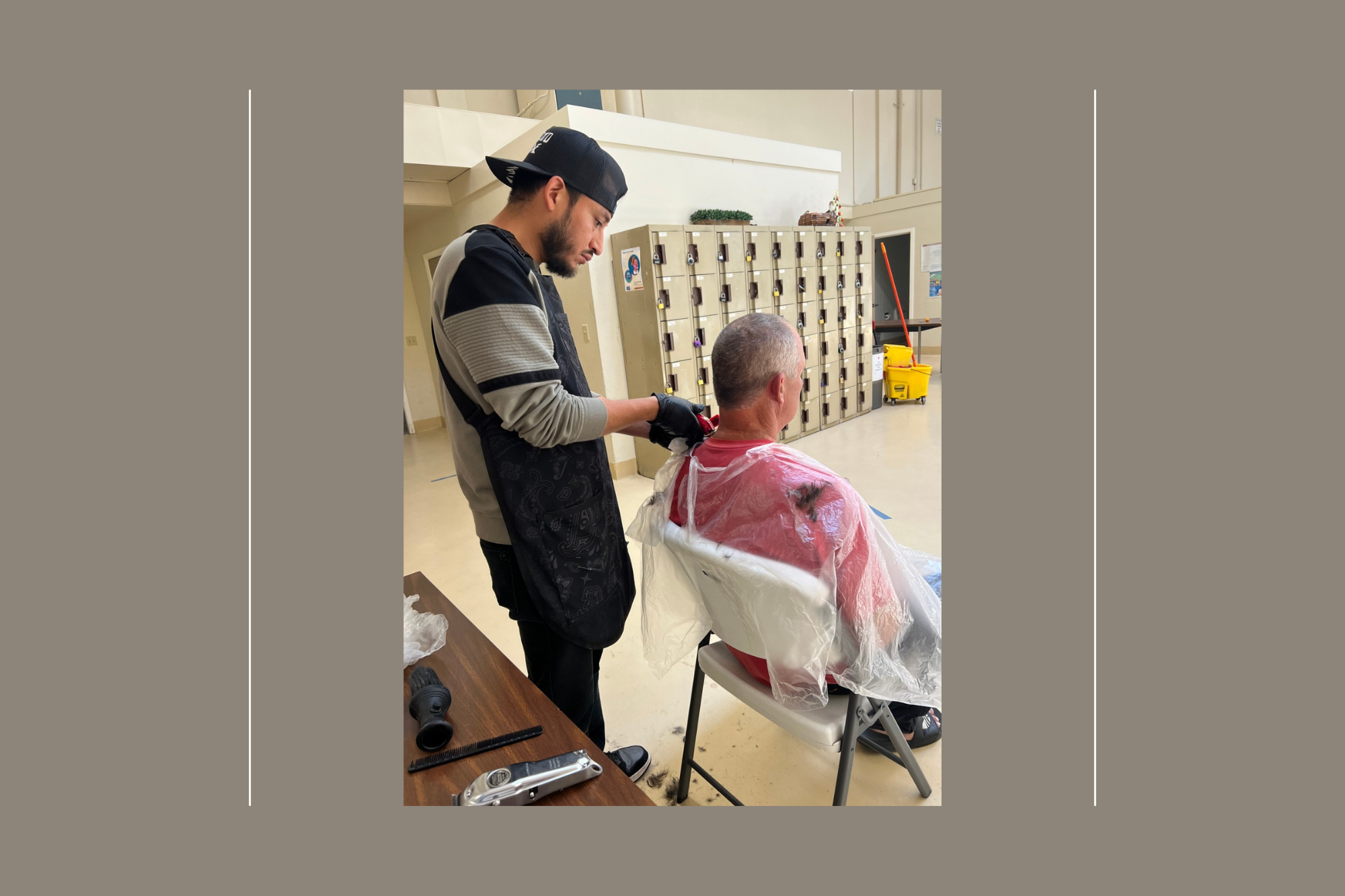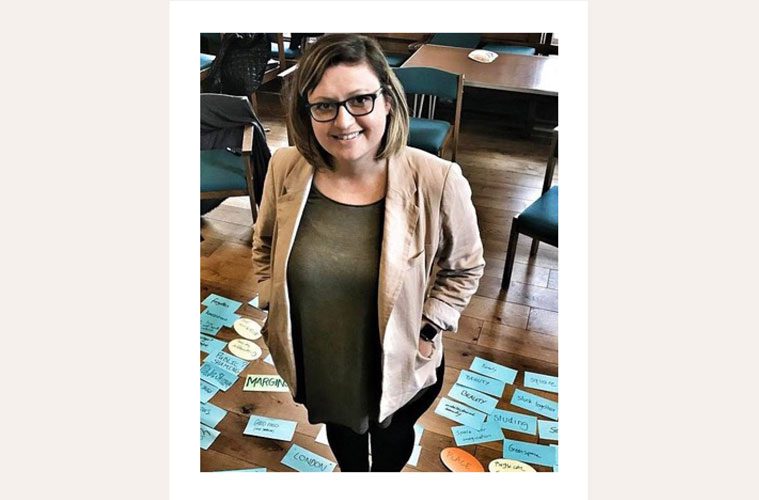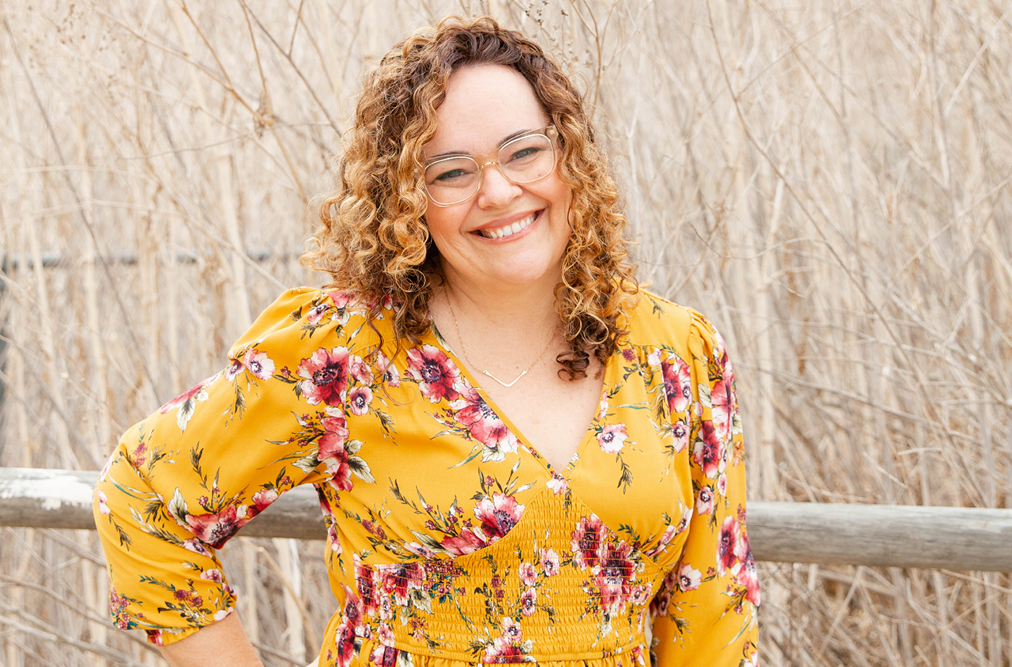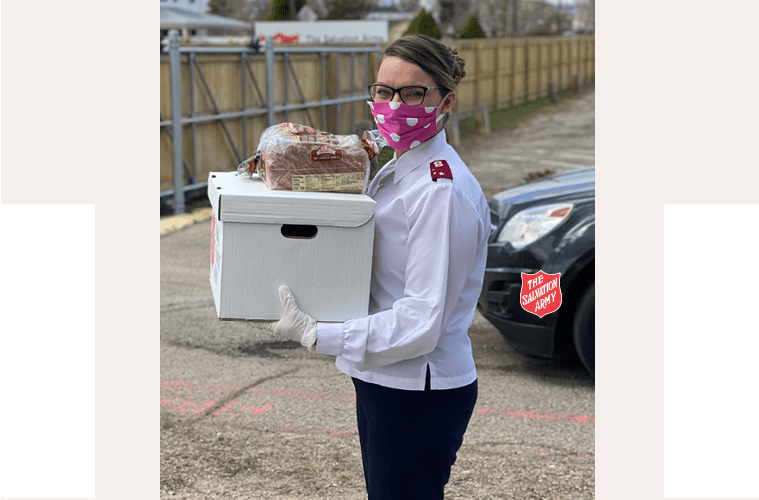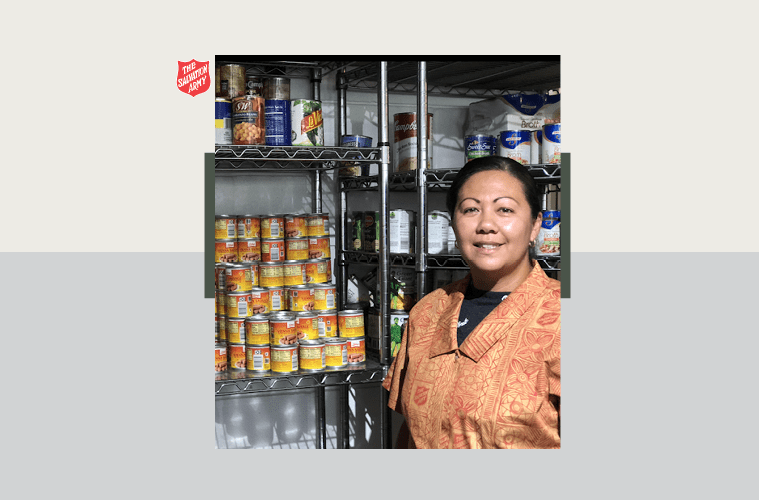We’ve all seen depictions of the white lights and tunnels to heaven in some movie or TV show after the character has a near-death experience.
But for Rick Osgood, that experience was real.
Rick has a long history with advisory organizations in The Salvation Army and is currently a member of the Territorial Advisory Board for The Salvation Army in the western U.S.
In his professional life, he was one of the founders of Pacific Growth Equities, a research-driven bank specializing in technology-based emerging growth. Now retired, Rick operates a vineyard in Napa, California, and serves on a number of boards for public and private companies.
And this summer, he experienced an injury while abroad that left him hospitalized for more than 40 days. It’s an injury he’ll tell you he probably shouldn’t have survived. Miracle after miracle has followed.
Rick is on the show to share his testimony—what God showed him in his near-death experience and what it all means today.
Show highlights include:
- Rick’s highlights history with The Salvation Army.
- What he does as part of the Territorial Advisory Board for The Salvation Army in the western U.S.
- What he is most passionate about in life and work.
- How he ended up hospitalized while on a trip abroad this summer.
- What he has come to learn about what happened during the 40 days he spent hospitalized.
- Some of the miracles that stand out.
- How he is doing now.
- A vision he experienced along the way.
- What he believes he’s being called to.
- His encouragement for anyone listening to his testimony.
Listen and subscribe to the Do Gooders Podcast now. Below is a transcript of the episode, edited for readability. For more information on the people and ideas in the episode, see the links at the bottom of this post.
* * *
Christin Thieme: Rick, welcome to the Do Gooders Podcast. Thank you for joining me today.
Rick Osgood: It’s a pleasure.
Christin Thieme: I know that you have a long history with The Salvation Army. So as we get started here today, can you give us a little bit of the highlight reel of how you’ve been involved through the years?
Rick Osgood: Sure. It goes back over 20 years ago. I came onboard the San Francisco Advisory Board, and I was rushed by the duo of Mary Theroux, who’s currently on the National Advisory Board, and Colonel Betty Love. They’re pretty hard to say no to, and before I knew it I got sucked into being the chairman of the board. I was the chairman for a while through the construction of the Kroc Center in San Francisco. I then moved to Napa, but I stayed on the San Francisco Board.
In fact, I’m still pretty involved, and I ended up going on the advisory board in Napa. I then got recruited to be on the Investment Committee at Territorial Headquarters, and through that got to know a lot of folks down there. And ultimately was asked to chair what was called the Retail Task Force by Commissioner [Kenneth G.] Hodder. That was a predecessor of the Territorial Advisory Board.
So I serve on the Territorial Advisory Board as well as the Napa Advisory Board, so I’ve had a little bit of experience. And so somebody once told me I know how the sausage is made.
Christin Thieme: Yeah, that’s right. Is that how you first met The Salvation Army then, when you were recruited onto that board, or did you have prior experience with the organization?
Rick Osgood: No, I really didn’t know a whole lot about it. Both my wife and I found out about The Salvation Army independently through a much longer story and were encouraged to find out what was going on. So we called Colonel Love, Betty I mean, and she took us out in one of those famous Army minivans. We toured the facilities in San Francisco, and I was blown away by how much The Salvation Army did that I had no idea they were doing.
Christin Thieme: I love it. And today you are a part of the Territorial Advisory Board for The Salvation Army in the western United States. What exactly does that mean? What do you do as part of that advisory board?
Rick Osgood: Well, as I said, the predecessor of that was a task force that Commissioner Hodder formed to take a look at the retail operations of the ARC [Adult Rehabilitation Centers], and it’s expanded pretty significantly. So it’s a strategic body where people are encouraged to figure out what they’re passionate about and lean into those. It’s really kind of organized to operate with task forces. I’ve obviously been out of that loop for a couple of months because of my injury. But I would say that my areas of interest, and passion, and expertise would include homelessness, workforce development and addiction issues, which are all very much intertwined.
Christin Thieme: So outside of The Salvation Army and your extensive involvement in all these boards, and task forces, and so forth, what in your life are you most passionate about in your personal life, in your work? Tell us a little bit about, who is Rick?
Rick Osgood: Well, I would say that things have shifted a little bit as a result of my recent experiences, but I would put family first. I’m sure a lot of people say that. But I think that I was given some specific instructions that I needed to learn to love my wife the way Christ does, and that’s kind of changed the way I view my family. I would also say that I’m very passionate about recovery work.
I’m quite involved with Celebrate Recovery. I think that that’s something that I will continue to be involved with as time goes on. Beyond that, I’m supposed to be retired. My wife tells me that I have totally flunked retirement. But I sit on some for-profit company boards and some other nonprofit stuff, so I stay pretty busy.
Christin Thieme: And you’ve alluded to this, that you had your own transformation of sorts this summer while on a trip to Ireland. You landed in a hospital, and I know you were there for some 40 days. Can you tell us a little bit about what happened? How did you end up hospitalized this summer in Ireland?
Rick Osgood: So a group of guys that had done some travel before got together and were going to do a sightseeing trip in Ireland. We’d been to places like Chile and Argentina in the past, and so we decided we were going to go to the Emerald Isle in May. I went over a couple of days early, and I took my brother with me who had just survived a very nasty run-in with an aggressive form of prostate cancer. So it was a little bit of a celebration with him and a get-together with some guys that I’d known from the Bay Area for a long time. We were supposed to meet in Dublin on the 25th of May, so my brother and I went over a couple of days early and were on the other side of Ireland in a little town called Doolin.
We had gone out for dinner and music, Doolin is known as kind of a music center for Ireland, and got home pretty early by Irish standards. It was still south of midnight. And we got back to the little bed and breakfast where we were staying and I realized that I had a horrific case of the hiccups. I remembered my grandmother telling me that the best way to cure hiccups was to drink water upside down. So I grabbed a crystal decanter of water next to our bedside table and walked into the bathroom and leaned over to chug it. The next thing I knew I was on the ground. I smacked my head against kind of the intersection of a stone wall and a tile floor. Dropped the canister. It broke, and so there was glass, and blood, and everything else all over the place.
I never lost consciousness. Felt very woozy. After we cleaned up, I ended up spending the night with an ice bag as a pillow. It was pretty apparent that I was concussed, but my brother being a good Scoutmaster would be up every couple of hours to make sure that I was still doing okay.
I woke up the next morning, didn’t feel that great. We drove back to Dublin, which was a three-and-a-half-hour drive. I actually hosted a dinner for the gathering of the 16 guys that night. Went to bed fairly early. The next day we wandered around Dublin and went to Guinness for a tour. By lunch, one of my friends noticed that my speech was starting to slur and asked if I’d seen a doctor.
I said, “No.” By the end of lunch, I didn’t feel good, so I grabbed my brother and we went in search of a doctor. We ended up at the emergency room of St. James’s Hospital. After a little five-hour wait, we were eventually triaged. When they saw me, I had lost even more speech. They were convinced I’d had a stroke, so they rushed me into the ER and quickly determined it wasn’t a stroke. They took a picture of my head and neck and figured out that I had had a very bad fracture of C1. I had what is called a C1 burst fracture, which is very, very often related to strokes, paralysis and death. So they treated it very seriously, and I found myself in ICU with a broken neck.
Christin Thieme: Oh my goodness. And you, I know, were in and out of delirium, and you said you had been intubated, and this was a process that went on for some 40 days. Your wife ended up flying to Ireland. At one point I know she received a call to come and say goodbye. Can you share a little bit about what she has told you about this experience? I’m sure some of it was a little bit blurred for you, but what have you come to understand about what that time was like?
Rick Osgood: Well, I was conscious for the first couple of days in ICU, and then I started getting delirious. I remember calling my wife and telling her that I was being held hostage in a warehouse, and they told her that she probably needed to get over there. So she showed up. During that period I promptly got COVID, and that was followed by pneumonia. I was getting increasingly agitated with delirium, and so I was sedated and intubated by the time she showed up. However, that didn’t stop me from giving her COVID after a couple of days, and so she ended up being quarantined to her hotel room.
So on the fifth day of her quarantine, she got a phone call early in the morning from the hospital saying that my heart had stopped and that she needed to get there right away. So she went in the back entrance into a room where I was there by myself with the clear intention of saying goodbye. So you can imagine she was pretty freaked out. Didn’t know what to do. In times like that the first thing you do is, obviously, you pray. The second thing is you figure out who you can bring alongside you. So my wife called an extremely good friend of ours who happened to also be on the board of The Salvation Army in Napa and who is a physician. She hopped on an airplane and was there the next day.
So it was a very traumatic experience because from that state I virtually was unconscious for the next 35 days. My wife had good friends around her, our friend, Julie, the doctor, and then another good friend of mine came over after she had to go back to sit with me and her and to fly home with me. So the take-home I think is that there was a whole succession of miracles that happened during all of this. But the first thing that she could really lean on was the prayers and friendship of our fellow brothers and sisters in Christ.
Christin Thieme: And when it comes to all those miracles that I know you’ve experienced in this whole process, this whole transformation, can you share one that really stands out to you?
Rick Osgood: Sure. I mean it’s kind of two. The first thing that kind of happened here is that I went viral. The whole story kind of made it across the globe. We know that the CaringBridge site was set up, and over 5,000 people were on that. But we believe that it was a multiple of that that were actually praying for me. The Church just rallied around me. It was a combination of organizations like The Salvation Army, and Celebrate Recovery, and our local churches, and Prison Fellowship, and other things we’re involved in.
But there were just thousands and thousands of people that were praying for me. And the big miracle is that I’m talking to you right now. I should not be here. I have not talked to a single medical professional who said that this just kind of resolved itself by itself. I was technically dead for six minutes. My hearted had stopped. The fact that I’m here talking with no paralysis and no other significant deficits is a huge miracle. But I believe firmly that that miracle happened because of the prayers of the Church.
Christin Thieme: Yeah, it’s remarkable how much you’ve been through in just the last few months. So I know eventually you flew home in an air ambulance back to the United States and then went into the hospital and eventually rehabilitation. Can you share a little bit about how are you now?
Rick Osgood: Sure. When I showed up at Marin General in the [United] States, I was not able to walk, I could barely talk, I couldn’t swallow, and I had tubes coming out of pretty much every orifice. But within a week I was tubeless, and was getting out of bed, and starting to walk, and my speech and swallow function returned. I was discharged to acute rehabilitation where I spent two weeks, at the end of which I was ambulatory with a walker at first. But that quickly progressed once I got home to longer and longer walks. Now I can walk pretty long distances with just a cane, and in the house where I have surfaces that I can grab hold of I’m not even using that.
I do not appear to have any lasting problems that aren’t going to be ultimately resolved. I did not have to have surgery. That’s a whole other long story, because the vast majority of people who have my injury have it resolved with fusion, which is an ugly surgery, but it has to be done early in the process. I was too sick to have that surgery, and so I’m kind of an unusual case in that I have not had a surgical intervention, and I don’t appear to have any major deficits, and I should have a full recovery.
Christin Thieme: That’s incredible. And through all of this, reflecting on it now, what do you think it all means? What’s kind of your takeaway?
Rick Osgood: Well, and I think I mentioned to you that I had what I’ve come to know as an NDE, a near death experience. I did see something. I did see the famous white light, but I saw it in the bottom of a large hole that I was on the edge of. I felt like I was being pulled by some beings into that hole and kept out of it by others. I do think that there was a fairly significant struggle over me and that if I’d gone into that hole, which I believe was probably a doorway into heaven, it would’ve been the end of my physical life. So when I did wake up, it took me a while to kind of wade through all the dreams and delirium.
But I am firmly convinced that I saw that and that it was real. I also felt like God impressed upon me a couple of things that I really believe came directly from him. One was that he offered me the gift of sobriety and asked me to step into that. And then secondly, he challenged me to learn how to love my wife, and by extension the rest of my family and others, the way he does. That’s a pretty big challenge. Then he told me to shut up and wait, and that he would use me in ways that I didn’t have to figure out, that he’d put things in front of me. This is one of those.
Christin Thieme: I know you said that, “If I’m not dead, then God’s not done.”
Rick Osgood: Well, I have to admit that I pilfered that from an Elevation Worship song called “My Testimony.” That’s one of the choruses.
Christin Thieme: So do you know what you’re being called to, or are you kind of waiting and seeing what happens?
Rick Osgood: Well, I mean I do believe that kind of the overwhelming theme was that we are in a spiritual battle and I was very much in one. It was literally a battle for my life. I think that my testimony is one that can call people to remember that we are in a spiritual war, and that prayer works, and that God listens. And that we as a church and an organization, and The Salvation Army as a church, are really called to remember that this is a spiritual battle as well as a physical one, and we’re called to intercede and treat it that way.
Christin Thieme: Absolutely. If you had to translate everything that you’ve experienced in last few months into one tangible piece of advice or encouragement for somebody who’s listening today, what would you say to them?
Rick Osgood: We serve a sovereign God of miracles, and that prayer matters, and he wants us to engage in it as spiritual warriors.
Christin Thieme: I love it. Well, Rick, thank you so much for sharing. Thank you for being willing to share your testimony and give us a little bit of insight into everything that happened. We’ll continue to be praying for you and your continued recovery, which definitely sounds like a miracle.
Rick Osgood: Thank you, Christin.
Additional resources:
- Get on the list for Good Words from the Good Word and get a boost of inspiration in 1 minute a day with a daily affirmation from Scripture sent straight to your inbox. It’s an email to help you start your day with goodness.
- You’ve probably seen the red kettles and thrift stores, and while we’re rightfully well known for both…The Salvation Army is so much more than red kettles and thrift stores. So who are we? What do we do? Where? Right this way for Salvation Army 101.
- Get inside the Caring Magazine Scripture Study Collection and find a suite of free, downloadable Bible studies to guide you through topics from New Beginnings Through Forgiveness, to Understanding our Imago Dei or Life Hacks From David.
Listen and subscribe to the Do Gooders Podcast now.











